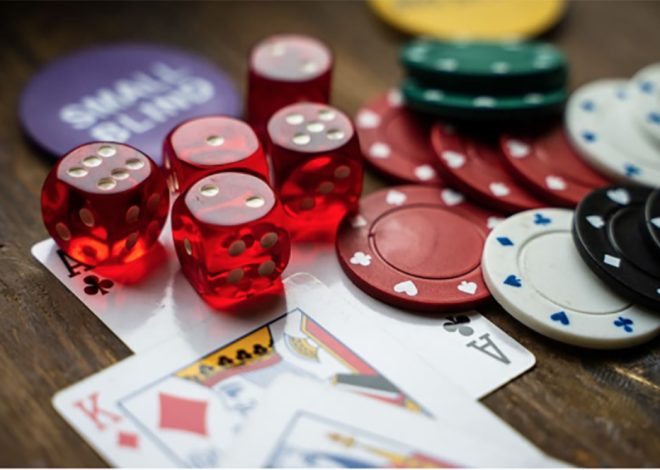
The Psychology of Web Slots: Why We Can’t Get Enough
Web slots have taken the online gambling industry by storm, captivating millions of players worldwide. Their popularity is not solely based on luck or the potential for financial gain. There is a deeper, psychological aspect to เว็บสล็อตแตกง่าย that keeps us hooked, seeking the next spin and the excitement it brings. The psychology behind web slots and uncover why we find them so irresistible.
The digital age has revolutionized how we entertain ourselves, and web slots have emerged as a prominent form of online entertainment. What makes เว็บสล็อตแตกง่ายunique is their ability to tap into our psychological mechanisms, drawing us in with their colorful reels and enticing symbols.
The Thrill of Web Slots
The Appeal of Web Slots
Web slots provide a convenient and accessible way to experience the excitement of casino gaming from the comfort of our homes. They offer various games with different themes, pay lines, and bonus features, catering to diverse player preferences.
The Role of Psychology in Web Slots
The allure of web slots goes beyond their visual appeal and convenience. Let’s explore the psychological factors that make them so captivating.

The Power of Rewards and Reinforcement
Web slots leverage the principles of operant conditioning, using rewards and reinforcement to create a sense of anticipation and excitement. When players win, they experience a release of dopamine, a neurotransmitter associated with pleasure and reward, reinforcing their desire to continue playing.
The Influence of Near Misses
One psychological phenomenon contributing to the allure of web slots is the concept of near misses. Near misses occur when the symbols on the reels align closely but do not result in a winning combination. These near misses create a false sense of almost winning, fueling the player’s motivation to keep playing in hopes of achieving a real win.
Cognitive Biases and Web Slots
Cognitive biases play a significant role in our decision-making processes and can heavily influence our behavior regarding web slots. Let’s explore some common cognitive biases associated with web slots.
The Gambler’s Fallacy
The gambler’s fallacy is believing that previous outcomes in a game of chance will influence future outcomes. In the context of web slots, this bias can lead players to think that a string of losses increases their chances of winning or vice versa. Web slot platforms often take advantage of this bias by displaying the recent winnings of other players, creating a false sense of patterns and enticing players to keep playing.



